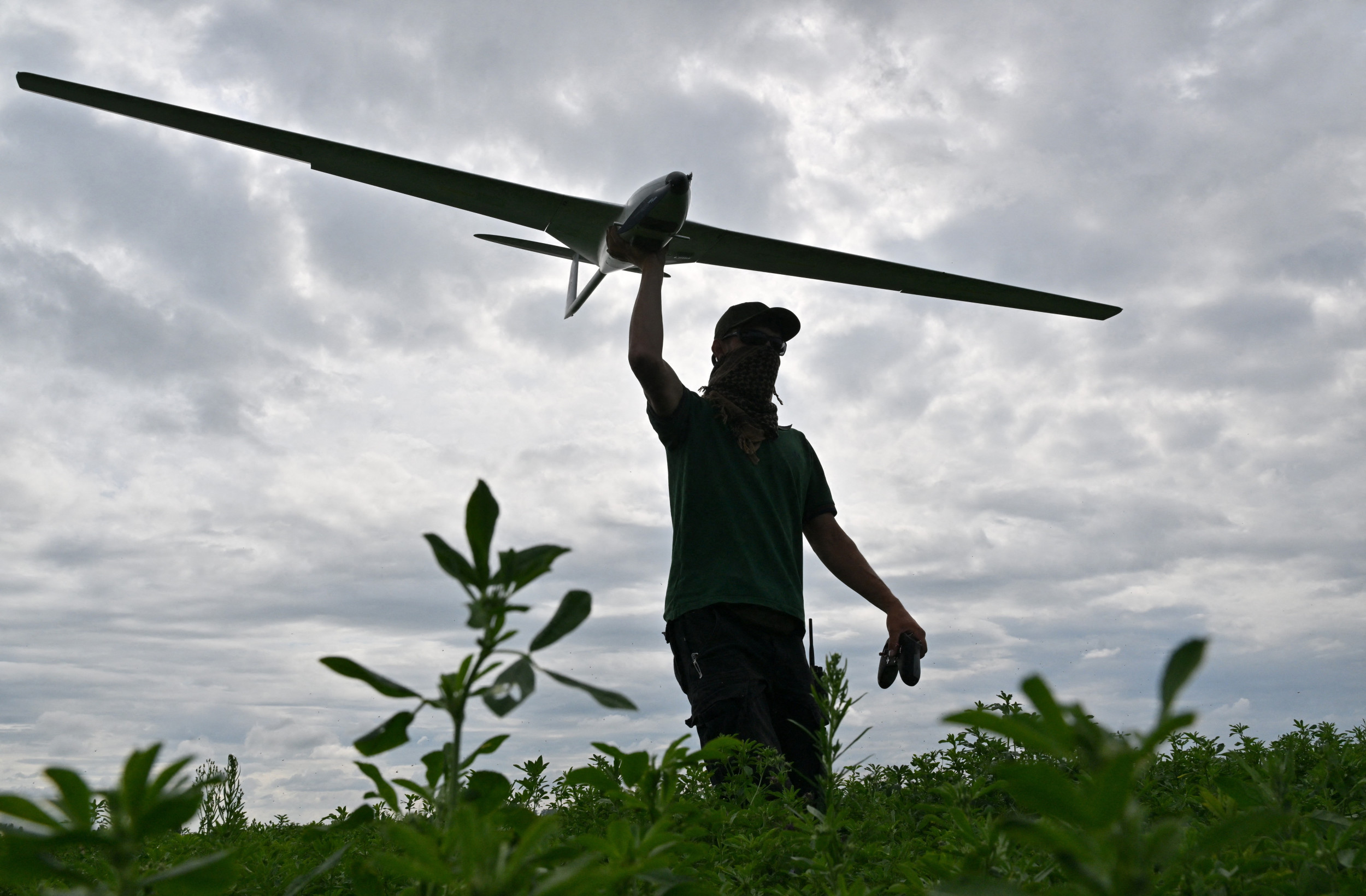This kind of parallels Trumps first term, in a way. One reason I am against anyone new taking over, of using anyone that was making or advising policy prior.
Lifted straight from Wiki, but IMO highlights how Kennedys blunder was the mistake that led to US escalation in Nam. The North pounced on the disarray it caused as he severely weekend the souths position.
In 1963, Hồ purportedly corresponded with South Vietnamese President Diệm in hopes of achieving a negotiated peace.
[109] During the so-called "Maneli Affair" of 1963, a French diplomatic initiative was launched to achieve a federation of the two Vietnams, which would be neutral in the Cold War.
[110] The four principal diplomats involved in the Maneli affair were
Ramchundur Goburdhun, the Indian Chief Commissioner of the ICC;
Mieczysław Maneli, the Polish Commissioner to the ICC; Roger Lalouette, the French ambassador to South Vietnam; and Giovanni d'Orlandi, the Italian ambassador to South Vietnam.
[110] Maneli reported that Hồ was very interested in the signs of a split between President Diệm and President Kennedy and that his attitude was: "Our real enemies are the Americans. Get rid of them, and we can cope with Diệm and Nhu afterward".
[110] Hồ and Maneli also discussed the Ho Chi Minh Trail, which passed through officially neutral Cambodia and Laos, saying "Indochina is just one single entity".
[111]
At a meeting in Hanoi held in French, Hồ told Goburdhun that Diệm was "in his way a patriot", noting that Diệm had opposed French rule over Vietnam, and ended the meeting saying that the next time Goburdhun met Diệm "shake hands with him for me".
[112] The North Vietnamese Premier Phạm Văn Đồng, speaking on behalf of Hồ, told Maneli he was interested in the peace plan, saying that just as long as the American advisers left South Vietnam "we can agree with any Vietnamese".
[113] On 2 September 1963, Maneli met with
Ngô Đình Nhu, the younger brother and right-hand man to Diệm to discuss the French peace plan.
[114] It remains unclear if the Ngo brothers were serious about the French peace plan or were merely using the possibility of accepting it to blackmail the United States into supporting them at a time when the Buddhist crisis had seriously strained relations between Saigon and Washington.
[113]Supporting the latter theory is the fact that Nhu promptly leaked his meeting with Maneli to the American columnist
Joseph Alsop, who publicized it in a column entitled "Very Ugly Stuff".
[113] The possibility that the Ngo brothers might accept the peace plan contributed to the Kennedy administration's plan to support a coup against them. On 1 November 1963,
a coup overthrew Diệm, who was killed the next day together with his brother.
[113]
Diệm had followed a policy of "deconstructing the state" by creating several overlapping agencies and departments that were encouraged to feud with one another to disorganize the South Vietnamese state to such an extent that he hoped that it would make a coup against him impossible.
[115] When Diệm was overthrown and killed, without any kind of arbiter between the rival arms of the South Vietnamese state, regime authority in South Vietnam promptly disintegrated.
[116] The American Defense Secretary
Robert McNamara reported after visiting South Vietnam in December 1963 that "there is no organized government worthy of the name" in Saigon.
[117] At a meeting of the plenum of the Politburo in December 1963, Lê Duẩn's "South first" faction triumphed, with the Politburo passing a resolution calling for North Vietnam to complete the overthrow of the regime in Saigon as soon as possible; while the members of the "North first" faction were dismissed.
[118] As the South descended into chaos, whatever interest Hồ might have had in the French peace plan faded, as it became clear the Việt Cộng could overthrow the Saigon government. A CIA report from 1964 stated that factionalism in South Vietnam had reached "almost the point of anarchy" as various South Vietnamese leaders fought one another, making any sort of concerted effort against the Việt Cộng impossible; leading to much of the South Vietnamese countryside being rapidly taken over by communist guerilla forces.
[119]
As South Vietnam collapsed into factionalism and in-fighting while the Việt Cộng continued to win the war, it became increasingly apparent to President Lyndon Johnson that only American military intervention could save South Vietnam.
[120] Though Johnson did not wish to commit American forces until he had won the 1964 election, he decided to make his intentions clear to Hanoi. In June 1964, the "Seaborn Mission" began as
J. Blair Seaborn, the Canadian commissioner to the ICC, arrived in Hanoi with a message from Johnson offering billions of American economic aid and diplomatic recognition in exchange for which North Vietnam would cease trying to overthrow the government of South Vietnam.
[121] Seaborn also warned that North Vietnam would suffer the "greatest devastation" from American bombing, saying that Johnson was seriously considering a strategic bombing campaign against North Vietnam.
[122] Little came of the backchannel of the "Seaborn Mission" as the North Vietnamese distrusted Seaborn, who pointedly was never allowed to meet Hồ.
[123]




